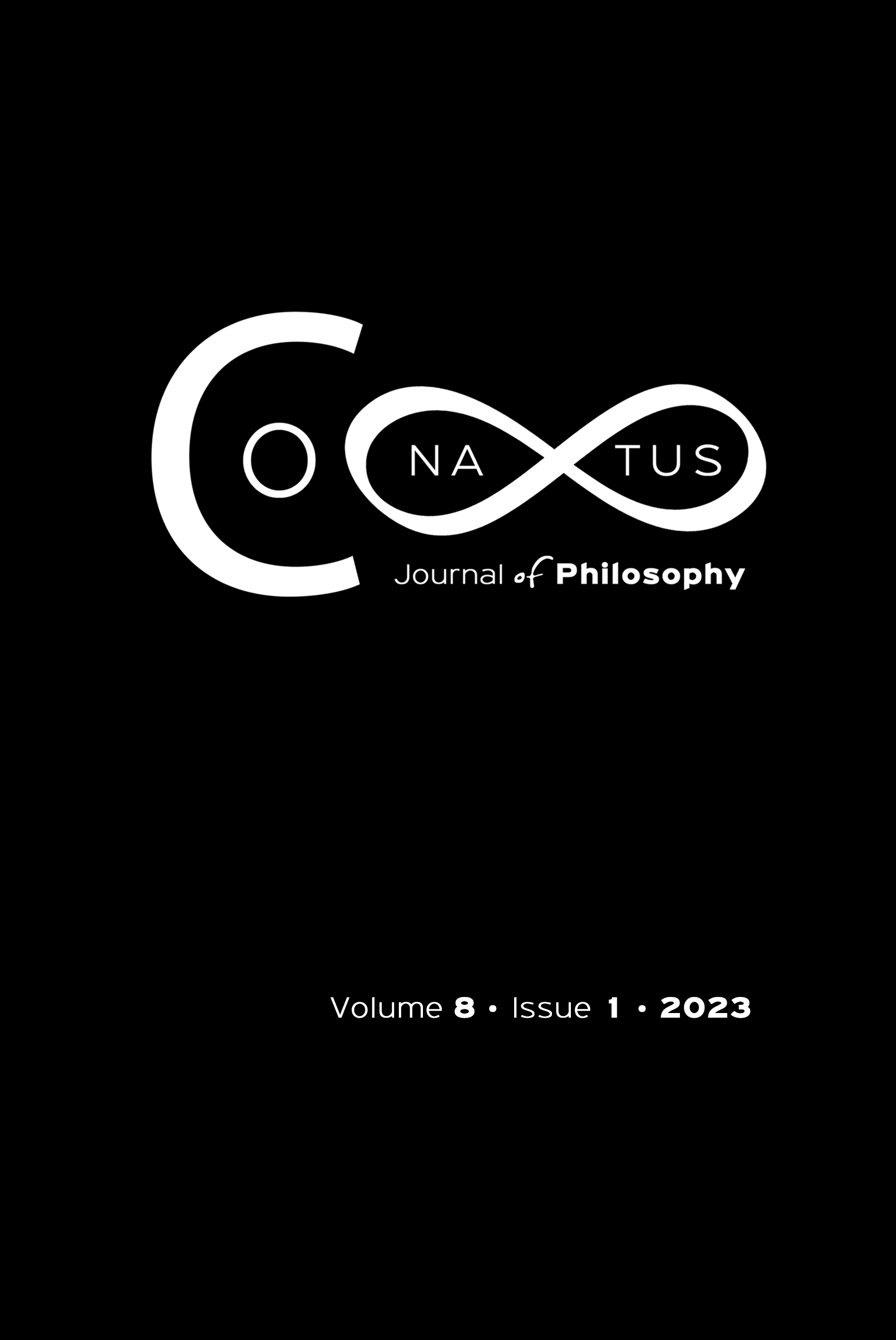The Possibilities, Limits, and Complexities of Triage in COVID-19 Regime

Abstract
The new and prevailing Corona virus (COVID-19) pandemic is an extremely contagious virus. Scientific research has gone far in the study and treatment of the virus. One of the things known about it at present is that its spread depends on social contact. In this paper, I consider the challenge that allocation of scarce medical resources poses in the fight against COVID-19. Millions have been infected, just as the number of diseased also runs in thousands. The allocation of scarce medical resources during the COVID-19 pandemic regime poses a challenge to healthcare providers. In attempting to save the lives of COVID-19 patients, how should we allocate ventilators or vaccines? Since ventilators, or as at present vaccines, are scarce compared to the number of patients that need it for survival, who should get one? To address this challenge, healthcare providers often resort to triage, especially in Emergency Departments (EDs) and intensive care units (ICUs). In this paper, I discuss the possibilities, limits, and complexities associated with the principle of triage in the distribution of scarce medical resources in the treatment and attempt to save the lives of COVID-19 patients. I contend that triage as a principle of distribution of scarce health resources fails in the distribution of scarce life-saving resources to COVID-19 patients. I aim to show that the triage protocol approach fails in terms of clinical and non-clinical evidence as well as regarding procedural issues associated with its application.
Article Details
- How to Cite
-
Okorie, N. (2023). The Possibilities, Limits, and Complexities of Triage in COVID-19 Regime. Conatus - Journal of Philosophy, 8(1), 233–249. https://doi.org/10.12681/cjp.27841
- Section
- Articles

This work is licensed under a Creative Commons Attribution-NonCommercial 4.0 International License.
Authors who publish with this journal agree to the following terms:
Authors retain copyright and grant the journal right of first publication with the work simultaneously licensed under a Creative Commons Attribution Non-Commercial International License (CC BY-NC 4.0) that allows others to share the work with an acknowledgement of the work's authorship and initial publication in this journal.
Authors are able to enter into separate, additional contractual arrangements for the non-exclusive distribution of the journal's published version of the work (e.g. post it to an institutional repository or publish it in a book), with an acknowledgement of its initial publication in this journal.
Authors are permitted and encouraged to post their work online (preferably in institutional repositories or on their website) prior to and during the submission process, as it can lead to productive exchanges, as well as earlier and greater citation of published work.





